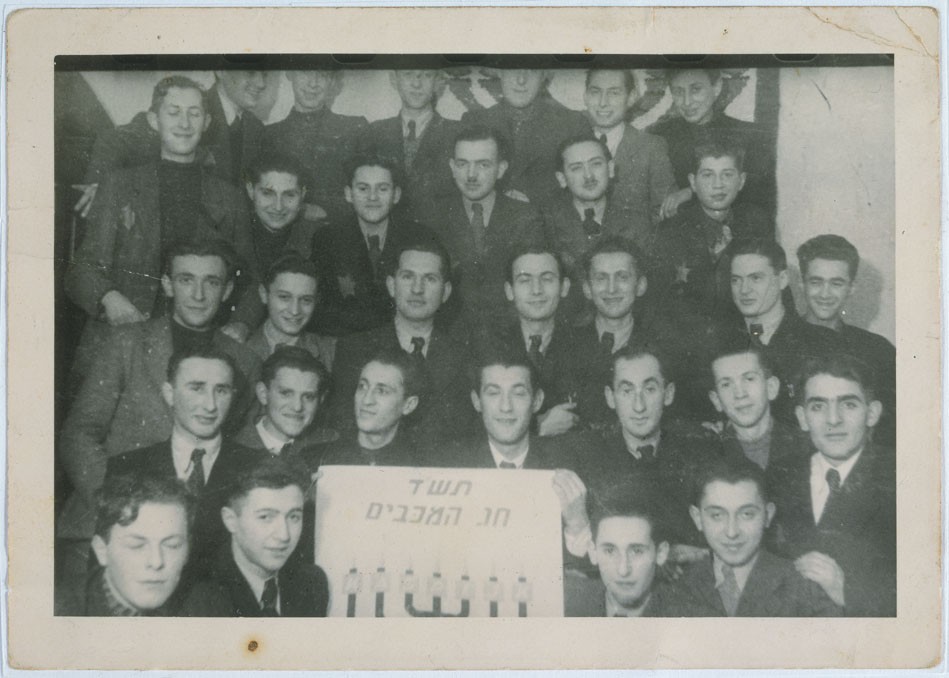
Jehuda Lejb Lubinski (Lolek Lubinski)
The Jewish children of Lodz suffered unfolding harsh realities after the German invasion of Poland. Some of the children, among them Jehuda Lejb Lubinski, recorded their experiences in diaries. Their voices offer a view into the struggle of a community and its young to live in spite of the most difficult circumstances.
Diary Excerpt
“Today I got up after two days in bed. I had a cold. After getting dressed I fainted. I don't know why but I suppose I was still weak. On this diet people gradually die. I heard that since the Jews came into the ghetto, 15,000 have died.”
—Lolek Lubinski, age 17, February 2, 1941
Jehuda's Story

Jehuda Lejb Lubinski (Lolek Lubinski) was 16 years old when the Germans occupied Lodz. The Lubinski family apartment was confiscated and they had to find a room to live in together with relatives.
Lolek became active in a Zionist youth organization—"Chazit Dor Bnei HaMidbar"—The Desert Generation Front.
During his time in the ghetto, Lolek kept a diary in which he described events of the day as well as his hopes and despairs, including his feelings for a girl, Frania.
Lolek Lubinski was deported to Auschwitz-Birkenau in August 1944. He was murdered there.
Critical Thinking Questions
Why are diaries an important part of the historical record?
What makes children’s diaries distinct?
How are some of these accounts different from that of Anne Frank?
Investigate the experiences of children in the ghettos.

